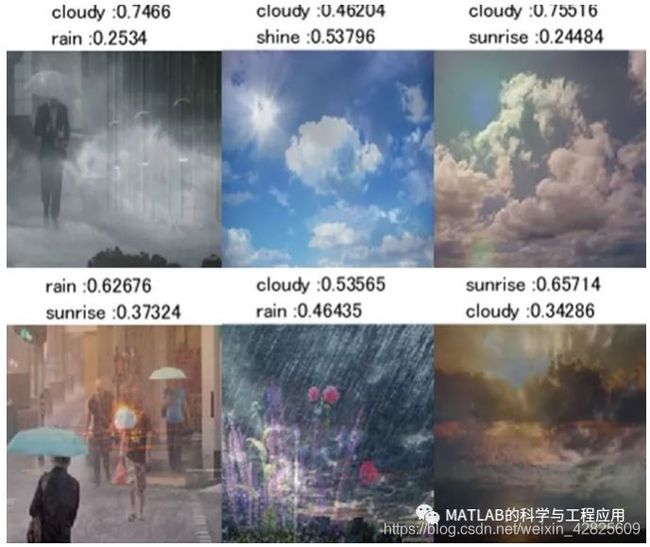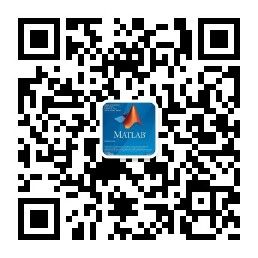【源码】基于混合数据增强的CNN图像分类

本程序演示了如何实现一种称为mix-up[1]/sample-pairing[2]的数据增广方法。
This demo shows how to implement a kind of data augmentation called mix up [1] /sample pairing [2].
训练图像是用一对像alpha混合的图像合成的。
Training images are synthesized using a pair of images just like alpha blending.
使用带有预先训练的网络ResNet-18的精细调节进行分类。
The classification was done using fine-tuining with a pre-trained network ResNet-18.
参考了Matlab的官方文献[3-5]。
The Matlab official documents [3-5] were also refferred.
在这个演示中,使用了一个称为多类天气数据集的图像分类数据集[6]。
In this demo, a dataset called Multi-class Weather Dataset for Image Classification [6] was used.
上图中的图像来自数据集中[6]。
The images in the figure above were derived from the dataset [6].
每个子图标题中的比率表示分类的组成。
The ratio in the title of each subfigure represents the composition of the classes.
[Japanese]
このデモでは、mix up [1] やsample pairing [2] と呼ばれる方法を用いて、
訓練データのデータ拡張(水増し)を行い、画像データセットの分類を行います。
もとのコードは [3-5] を参考にしています。
天気のデータセット [6] を用いて畳み込みニューラルネットワーク(CNN)による分類を行います。
ここでは、複数のクラスの画像を組み合わせ、サムネイルのようなブレンドされた画像を訓練データとして用います。
また、正解ラベルの値も通常のような、[0 0 1]といったone-hotベクトルにするのではなく、
配合するバランスに応じて、たとえば、[0.2 0 0.8]のようにします。
これらの方法により過学習を抑制できる可能性が知られています。
参考文献:
[1] Zhang, Hongyi, Moustapha Cisse, Yann N. Dauphin, and David Lopez-Paz. “mixup: Beyond empirical risk minimization.” arXiv preprint arXiv:1710.09412 (2017).
[2] Inoue, Hiroshi. “Data augmentation by pairing samples for images classification.” arXiv preprint arXiv:1801.02929 (2018).
This code with custom training loop was made based on the Matlab Official Document located at
[3] Train Network Using Custom Training Loop: https://jp.mathworks.com/help/deeplearning/ug/train-network-using-custom-training-loop.html
[4] Transfer Learning: https://jp.mathworks.com/discovery/transfer-learning.html.
[5] Transfer Learning Using AlexNet: https://jp.mathworks.com/help/deeplearning/examples/transfer-learning-using-alexnet.html
[6] Multi-class Weather Dataset for Image Classification: https://data.mendeley.com/datasets/4drtyfjtfy/1
